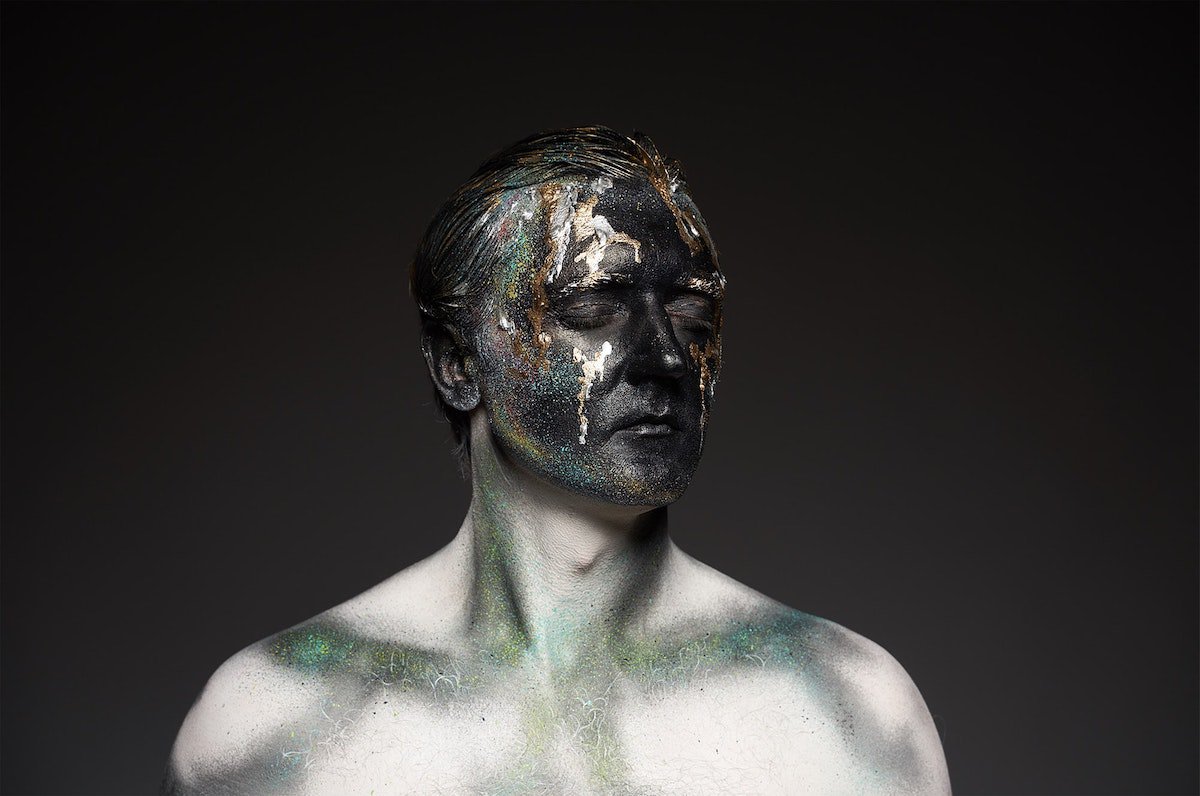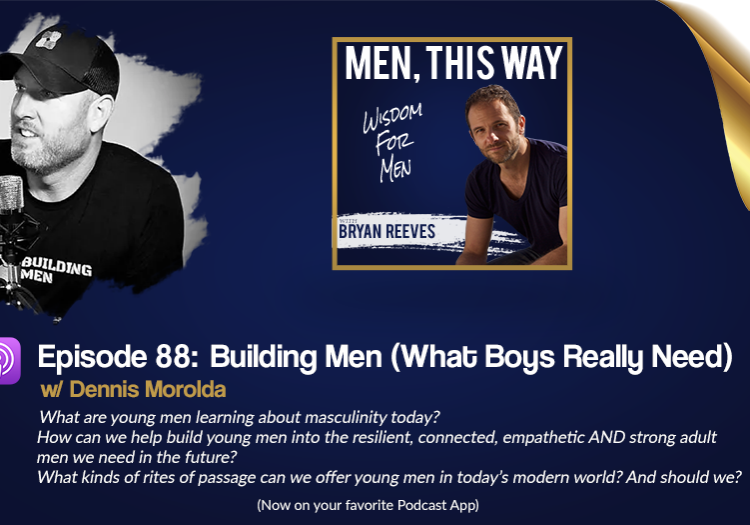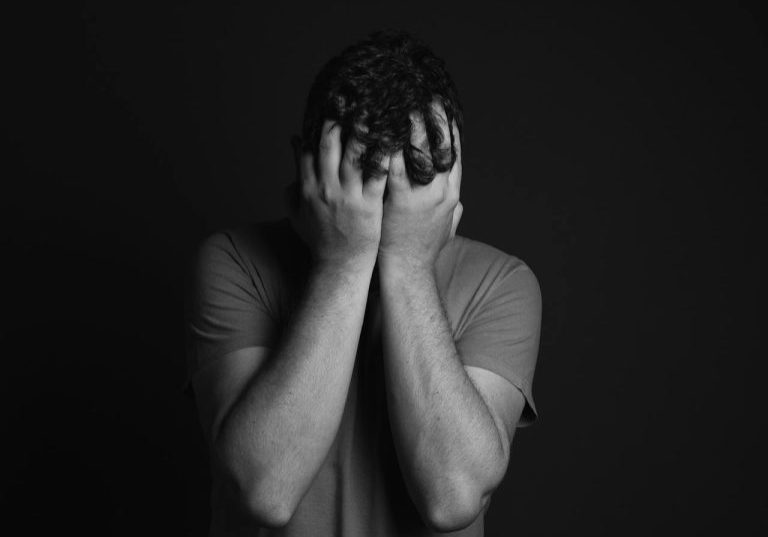♦◊♦
Have you seen The Sinner on Netflix? Particularly Season 3?
It’s a fascinating tale of two adult men who essentially can’t feel … anything.
So they engage in all kinds of risky, rebellious, and increasingly destructive behavior that inevitably leads to the complete unraveling of their lives.
They believe they must be constantly staring into the eyes of Death to feel … well … alive.
They’re not wrong.
We men do need to face death regularly to feel fully alive.
Most any man will tell you the most exciting thing in all sports is the “sudden death” overtime in which the outcome of an entire game comes down to the very next point scored by either team. Death is on the line for both sides, and we men are totally into it.
Consider action movies favored by men: endless parades of thrilling scenes in which courageous men (sometimes women) barely escape the clutches of death: rolling out of harms way right before falling debris would otherwise crush them; oncoming bullets always just barely missing their mark; explosive car crashes in which our hero improbably avoids certain death; and so on. Every subsequent scene only serves to bring us closer to the face of death, until we meet the super villain at the end, the evil boss, the rampaging dragon, the final showdown with whomever or whatever has the most power in the entire movie to quickly kill off our protagonist.
Action movies sell because on some level all men identify with the hero-protagonist who faces and always defeats death – who must face death and defeat it.
This is why in intimate relationships, many men only come fully alive when they truly understand the relationship is about to die, when they finally see their partner on the precipice of leaving them. This is often when men are finally inspired to fully show up. Because again, death is on the line.
Why do women seem to less often need regular confrontations with death? (and surely some women need that, too.)
Women are endlessly confronted with the presence of death – by their monthly cycles during which their bodies shed the eggs that would otherwise bring life; by the viscerally threatening presence of stronger male bodies all around them; by the feminine obsession to nurture life in a world where entropy is constantly, dispassionately, working to obliterate it.
In the archetypes of feminine and masculine energies, the feminine represents the fullness of life, the abundance of being, the ever morphing and shifting dance of existence, itself. Death is an inherent part of her world, as each moment of existence must die to give way to the next.
Thus life makes girls and women constantly, viscerally aware of the presence of death. Boys, on the other hand, with all our feelings-blocking testosterone and a comfortable lack of nearby predators, our cozy existence tends to make us floppy. We must be regularly made aware of death’s presence, if we are to receive the gifts it has for us.
Boyhood to Manhood Rituals
In any useful boyhood-to-manhood ritual, boys are confronted – ritualistically, symbolically – with death. The boys of an indigenous people in Vanuatu (a southwest Pacific island nation) undergo a ritual in which their legs are bound with leathery strands of a Banyan tree attached atop a tall wooden structure, sometimes as high as 100 feet. Their task is to fling themselves off the tower towards the ground, tuck their heads, and brush their shoulders to the ground just as their leg straps snap their lives back from the clutches of death. The boys who undergo this ritual have proven themselves worthy of manhood.
This is a tradition going back generations, and it’s tended to and overseen by the adult males in the tribe who’ve gone before – those who know how to make the ritual dangerous enough to simulate a confrontation with death, and safe enough that most of the new initiates will be just fine.
We don’t have such boyhood-to-manhood rituals in modern western culture.
Thus our boys are collectively dying – often literally – to be initiated into manhood.
In the painful void created by the absence of elders, boys are left with no alternatives but to attempt to initiate each other – hazing in college fraternities, violent gang initiations, racing cars on public streets, and so on.
That’s what these two men in The Sinner (Season 3) are doing. They were both left alone early in life by their fathers – the men who would otherwise be their wise elders. They meet at college in a philosophy class where they quickly bond over the existentialist musings of Nietschze – that Life is empty and meaningless; there is no underlying order, God, or higher power in which one might find comfort and solace; and the truly awakened man is the man who makes his own morality.
In one scene with their professor, an elder male, we watch these two boys blithely dismiss the older man’s weak and uninspired attempts to offer guidance on how they might allow Nietzsche’s musings to be useful and constructive. Instead, their adolescent egos are left to fixate on the idea of death as a great void, one they must stare into if they are to attain true freedom.
It’s never quite clear if they actually understand that in their seeking “true freedom,” what they’re really seeking is true aliveness!
And again … they are not wrong!
They simply have no elder guidance on how to do that in a symbolic, ritualistic way, which would ultimately serve their transition into a mature, responsible manhood.
These are the great crises of our time for countless men: a persistent incapacity to fully feel our aliveness, and no elder guidance to show us another way.
For when when a man struggles to feel anything, without wise guidance he’ll do most anything just to feel something. He’ll engage in all kinds of risky, sabotaging, or merely meaningless behavior to bring feeling to his body: use porn, drugs and alcohol, drive fast, work himself to death, even create conflict with others where none would otherwise exist.
My heart regularly breaks for men.
I feel deep sadness watching these 2 men in The Sinner spiral down towards inevitable self-destruction. One of them is even on the precipice of fatherhood, though his adolescent and poorly guided attempts to find aliveness prevent him from being present for his wife and arriving son.
If only they had trustable wise elders initiating them ritualistically into true manhood – which does lie on the other side of the confrontation with Death – they could then show up as true adults, embodied in their aliveness, truly ready to be responsible for their lives, and for their loved ones who need their full presence.
- 0shares
- 0Facebook
- 0Twitter
- 0Pinterest
- 0Email





Leave a Comment